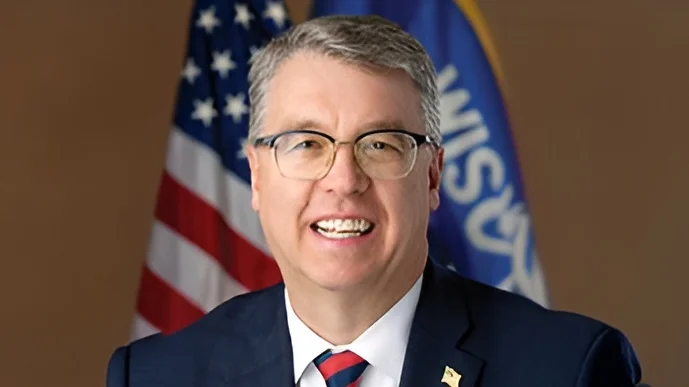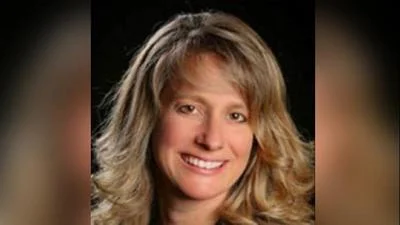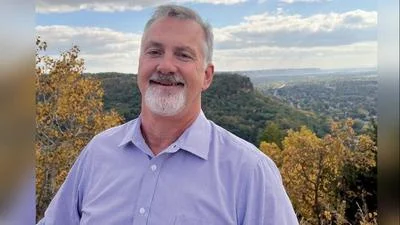Brad Pfaff, Wisconsin State Senator for 32nd District | Official Website
Brad Pfaff, Wisconsin State Senator for 32nd District | Official Website
According to the Wisconsin State Legislature's official website, the bill was described as follows: "ban on the use of certain insecticides by the Department of Natural Resources".
The following is our breakdown, based on the actual bill text, and may include interpretation to clarify its provisions.
In essence, this bill prohibits the Department of Natural Resources (DNR) in Wisconsin from using insecticides from the neonicotinoid class on DNR-acquired and maintained land, with specific exceptions. The exceptions to this ban include the use of these insecticides under existing cooperative farming agreements or contracts signed before the bill's effective date and for forest insect control, state forest nurseries, seed orchards, or within designated zones of infestation. The enactment aims to regulate the use of neonicotinoid insecticides to potentially mitigate their environmental impact, particularly on non-target species.
The bill was co-authored by Representative Lee Snodgrass (Democrat-52nd District), Senator Tim Carpenter (Democrat-3rd District), Senator Kristin Dassler-Alfheim (Democrat-18th District), Senator Dora E. Drake (Democrat-4th District), Senator Dianne H. Hesselbein (Democrat-27th District). It was co-sponsored by Representative Clinton M. Anderson (Democrat-45th District), Representative Deb Andraca (Democrat-23rd District), and Representative Margaret Arney (Democrat-18th District), along 32 other co-sponsors.
Brad Pfaff has authored or co-authored another 48 bills since the beginning of the 2025 session, with none of them being enacted.
Ptaff graduated from the University of Wisconsin at Green Bay in 1960 with a BA.
Ptaff, a Democrat, was elected to the Wisconsin State Senate in 2021 to represent the state's 32nd Senate district, replacing previous state senator Jennifer Shilling.
In Wisconsin, the legislative process starts when a senator, constituent, group, or agency proposes an idea for a bill. After drafting, the bill is introduced, numbered, and referred to a committee for review and public input. If approved, it moves through three readings and votes in both the Senate and Assembly. Once both chambers pass the same version, the bill goes to the governor, who can sign it, veto it, or let it become law without a signature. Only a small share of bills introduced each session ultimately become law. You can learn more about the Wisconsin legislative process here.
| Bill Number | Date Introduced | Short Description |
|---|---|---|
| SB298 | 05/30/2025 | Ban on the use of certain insecticides by the Department of Natural Resources |
| SB297 | 05/30/2025 | Special registration plates to support protecting pollinators and making an appropriation. (FE) |
| SB293 | 05/30/2025 | Native prairie and forage plants |
| SB285 | 05/30/2025 | Talent recruitment grants. (FE) |
| SB260 | 05/20/2025 | Certification of surgical technologists |
| SB255 | 05/09/2025 | Regulation of the Chippewa and Flambeau Improvement Company |
| SB248 | 05/09/2025 | License eligibility and restriction extensions relating to ignition interlock devices |
| SB215 | 04/16/2025 | Town clerk and treasurer appointments, publication requirements for proposed budget summary and notice of public hearing, and discontinuance of highways. (FE) |
| SB208 | 04/16/2025 | Prohibiting hedge funds from acquiring single-family homes in this state. (FE) |
| SB148 | 03/21/2025 | The right to repair agricultural equipment, and providing a penalty. (FE) |
| SB50 | 02/21/2025 | Health care costs omnibus, granting rule-making authority, making an appropriation, and providing a penalty. (FE) |




 Alerts Sign-up
Alerts Sign-up